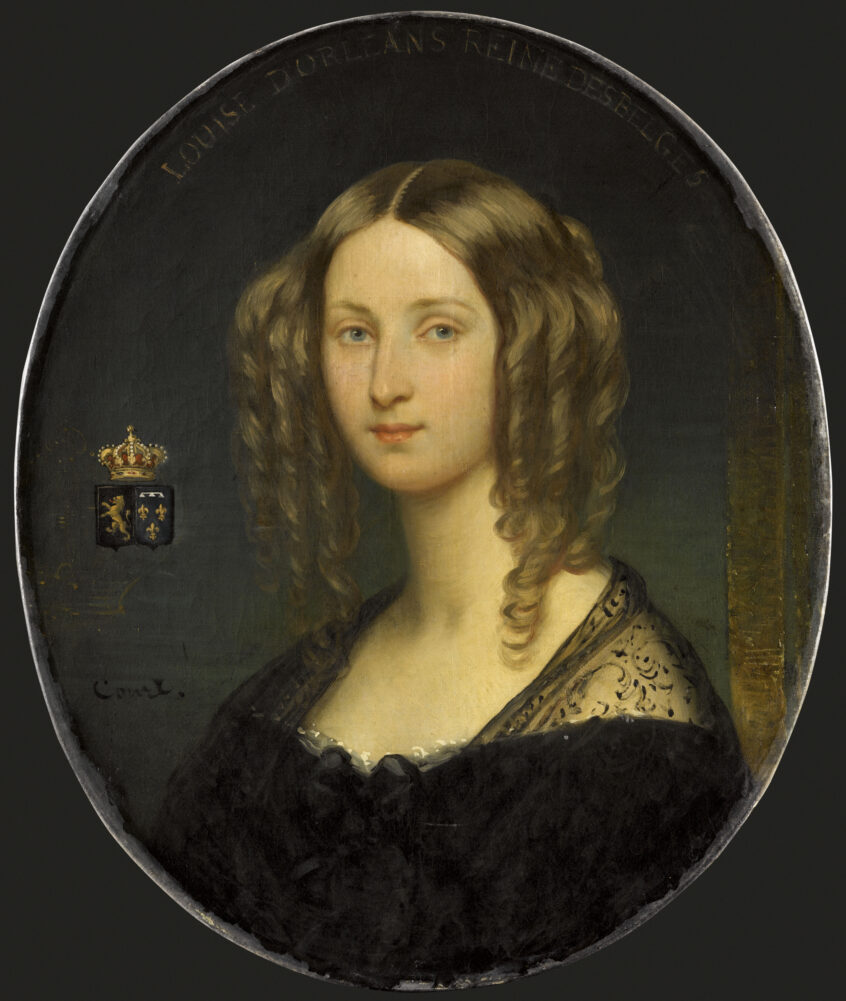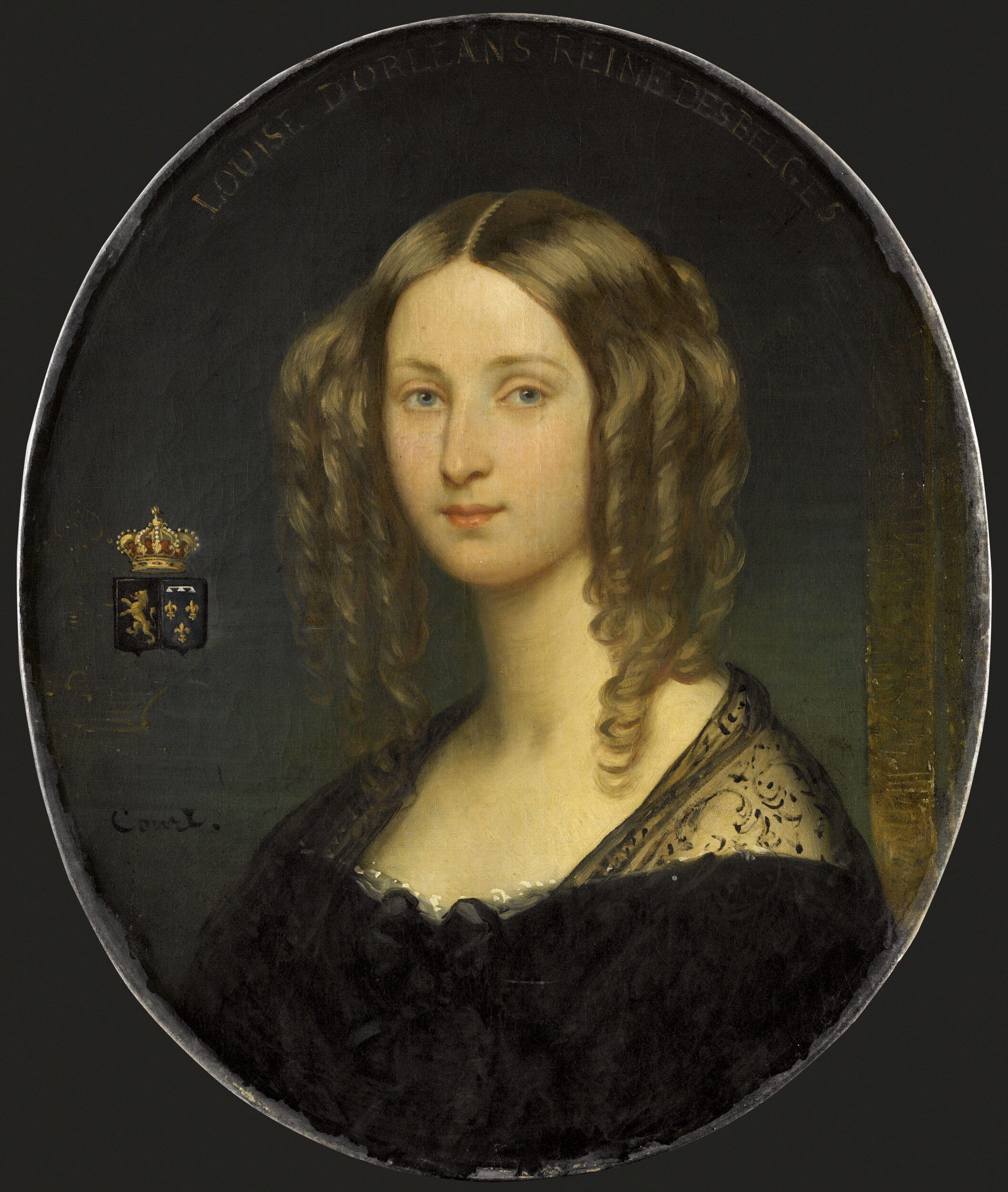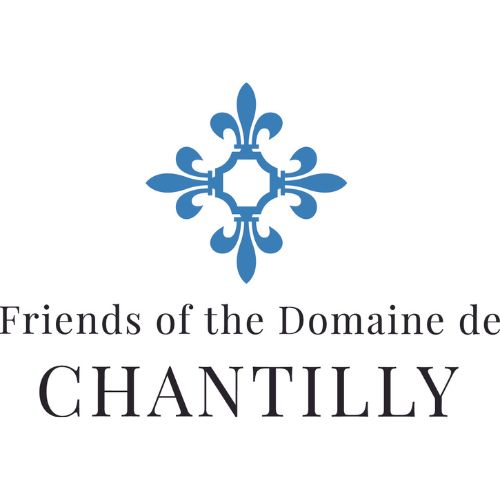Mathieu Deldicque, Lead Heritage Conservator, Director of the Condé museum
Julien De Vos, Curator, Director of the museums and cultural heritage service of the Province of Namur

From 19 October 2024 to 16 February 2025
Château
© RMN-GP / René Gabriel Ojéda

Princess Louise (1812-1850), eldest daughter of Louis-Philippe, Duke of Orléans and later King of the French, was a prominent figure during the Romantic period in Europe. Great care was taken over her education, with an emphasis on the arts, history, languages and the sciences, helping prepare her for a prominent role in society and, after her father succeeded to the throne, her place among the crowned heads of Europe. As Princess of France and then Queen of the Belgians, Louise of Orléans became a romantic actor in a romantic epic, playing her part in the rise of an improbable kingdom whose voice would nevertheless join the concert of European nations.
The eldest daughter of a close-knit family, Louise shared the modern tastes of her brothers and sisters – ‘artist’ princes and princesses who were both pupils and patrons of a new generation of Romantic artists. Her elder brother, Ferdinand-Philippe of Orléans, her sister, the sculptor Marie, and her younger brother, Henri of Orléans, Duke of Aumale, heir to the Château de Chantilly, shared her strong leanings towards artists and aesthetics.

Betrothed to a royal husband much older than herself, Queen Louise-Marie became the discreet – perhaps too discreet – heroine of the early years of the Kingdom of Belgium, the centrepiece of a family chessboard, her destiny tied to the European politics of the regimes that emerged from the revolutions of 1830, from Paris to Brussels.
Trained in the arts, passionate about politics, a prolific letter writer, loyal daughter and attentive mother, Queen Louise, with her husband Leopold I of Saxe-Coburg-Gotha diligently built from scratch the country’s national life – its royal court and political, diplomatic and cultural affairs – while at the same time raising a family in the first Belgian royal residences.
Among those royals who are made only to be unmade, as her body weakened and her health failed, Louise of Orléans, who died far too young in Ostend, became the first icon of Belgian royalty, an emblematic figure whose death made its mark on a state still in the making. She left behind children whose fates were sometimes more tragic than her own – her only daughter, Charlotte, was briefly Empress of Mexico – and whose lives sometimes obscured their mother’s memory while building on her legacy and that of the Orléans family through their love of travel and collecting.
Based on recent research, this exhibition sheds fresh light on the story of Louise of Orléans, a French princess whose romantic life ended in the “Low Countries”, helping restore a queen too quickly forgotten to her rightful place.
Mathieu Deldicque, Lead Heritage Conservator, Director of the Condé museum
Julien De Vos, Curator, Director of the museums and cultural heritage service of the Province of Namur
This exhibition, co-produced with the museums and cultural Heritage Service of the Province of Namur (Belgium), is the result of a collaboration carried out with the support of the Belgian federal and regional authorities. An exhibition will be presented in Namur from March to June 2025.




Press kit - French

Press kit - English